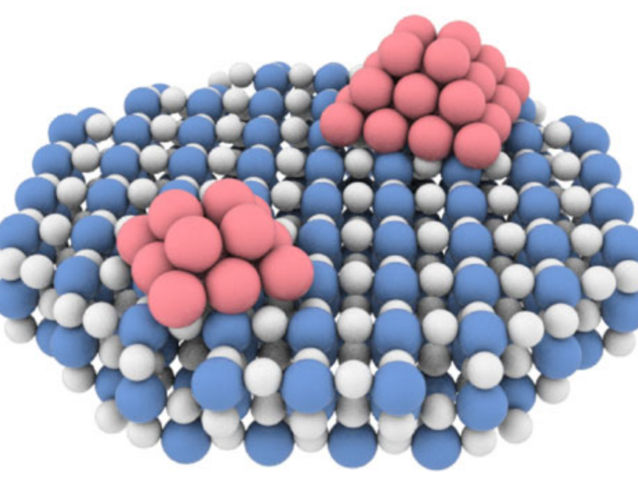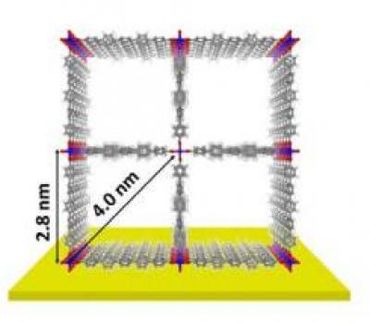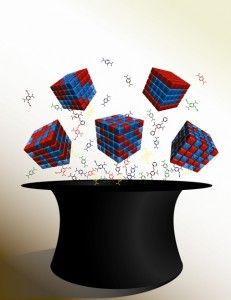Researchers construct highly selective photocatalysts for nonoxidative coupling of methane
The transformation ability reaches the same level as that of thermocatalysis, but photocatalysis happens under relatively mild conditions
Advertisement
methane (CH4) is the main component of liquid natural gas. However, the combustion of methane generates a critical amount of carbon dioxide, making the use of this power source contradict the concept of green chemistry.

Schematic illustration for constructed Pdn/TiO2.
ZHANG Wenqing et al.
Therefore, the transformation of methane into higher-value-added chemicals is increasingly significant.
A research team led by Prof. XIONG Yujie and Prof. LONG Ran from the University of Science and Technology of China (USTC) of the Chinese Academy of Sciences (CAS) and their collaborators developed a photocatalyst that boosts the transformation of CH4 into ethane (C2H6) and hydrogen with high selectivity.
The study was published in Nature Communications on May 19.
Nonoxidative coupling of methane (NOCM) is a chemical reaction to obtain multi-carbon compounds and hydrogen. Oxide-based photocatalysis enables NOCM to occur under relatively mild conditions.
Nevertheless, the metal oxide photocatalyst is not so selective, and the reaction process is not durable, due to the overoxidation of methane amid contact with lattice oxygen.
In this research, the researchers enabled durable photocatalytic NOCM with both high activity and high selectivity via valence band engineering. They constructed Pd-O4 units on the surface of a common photocatalyst, TiO2. Thus, the contribution of O sites to the catalyst's valence band was reduced, and the Pd-O4 unit largely contributed to the valence band, providing more reactive sites while decreasing overoxidation.
Elemental doping is used to stabilize the lattice oxygen near the surface, and further increase the duration of the catalytic reaction to over 24 hours.
With the newly constructed photocatalyst, the selectivity of C2H6 reached 94.3%, along with a production rate of 0.91 mmol g–1 h–1. This transformation ability reaches the same level as that of thermocatalysis, but photocatalysis happens under relatively mild conditions.
























































